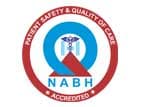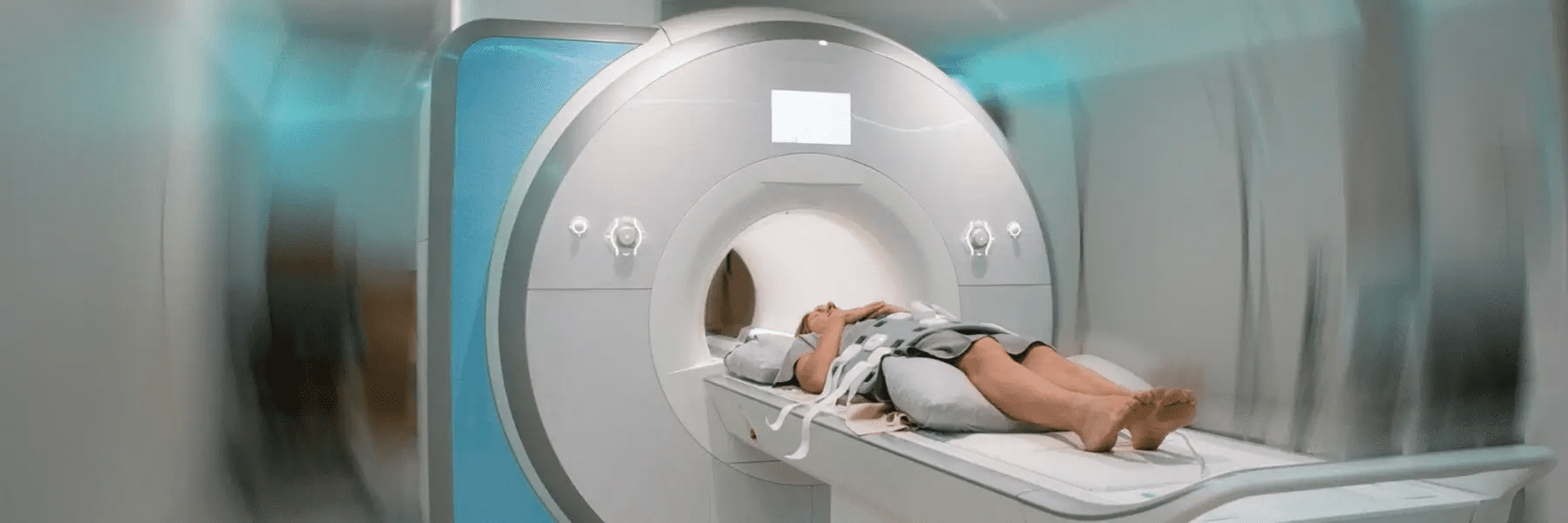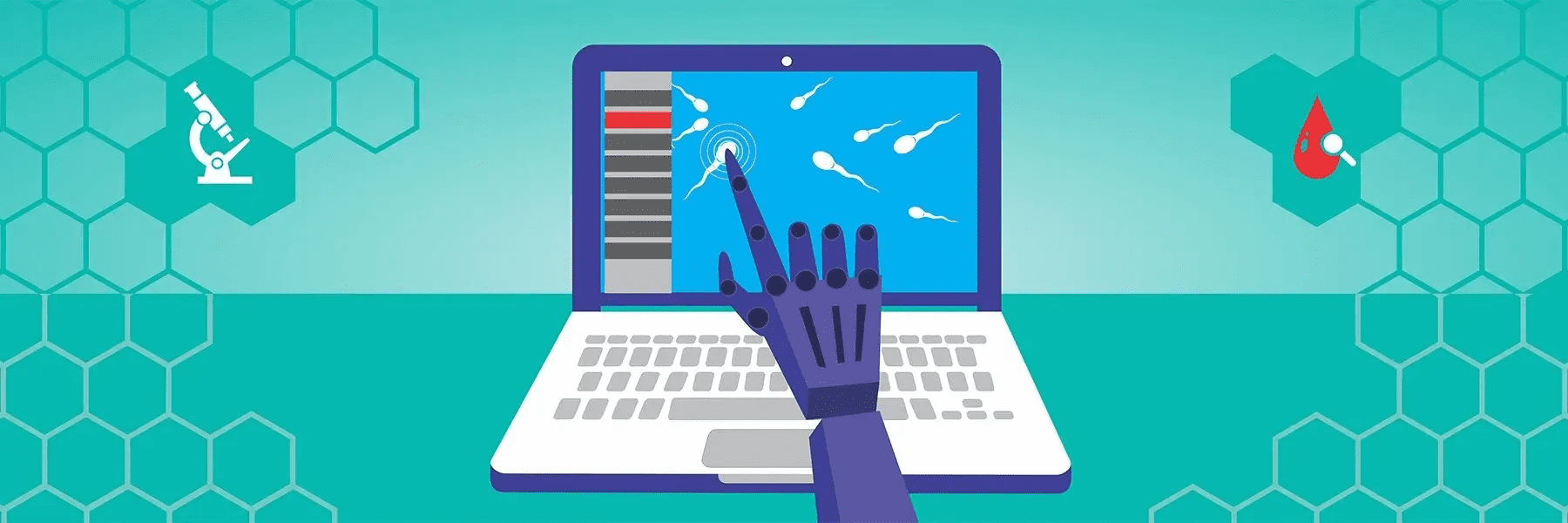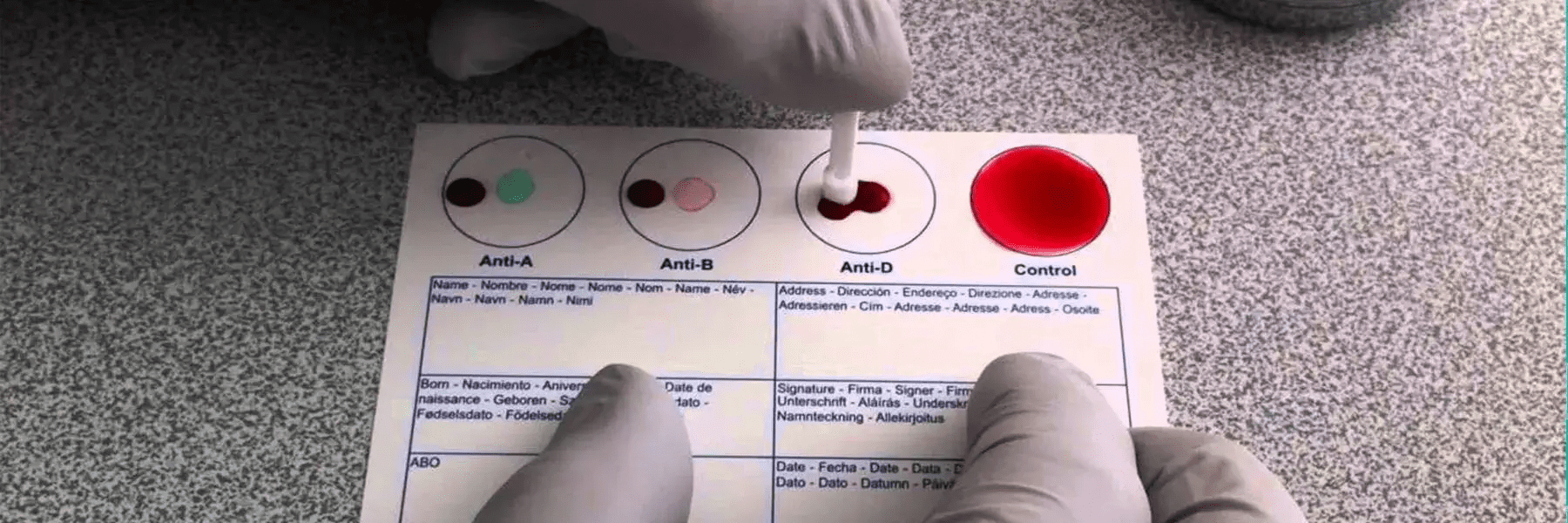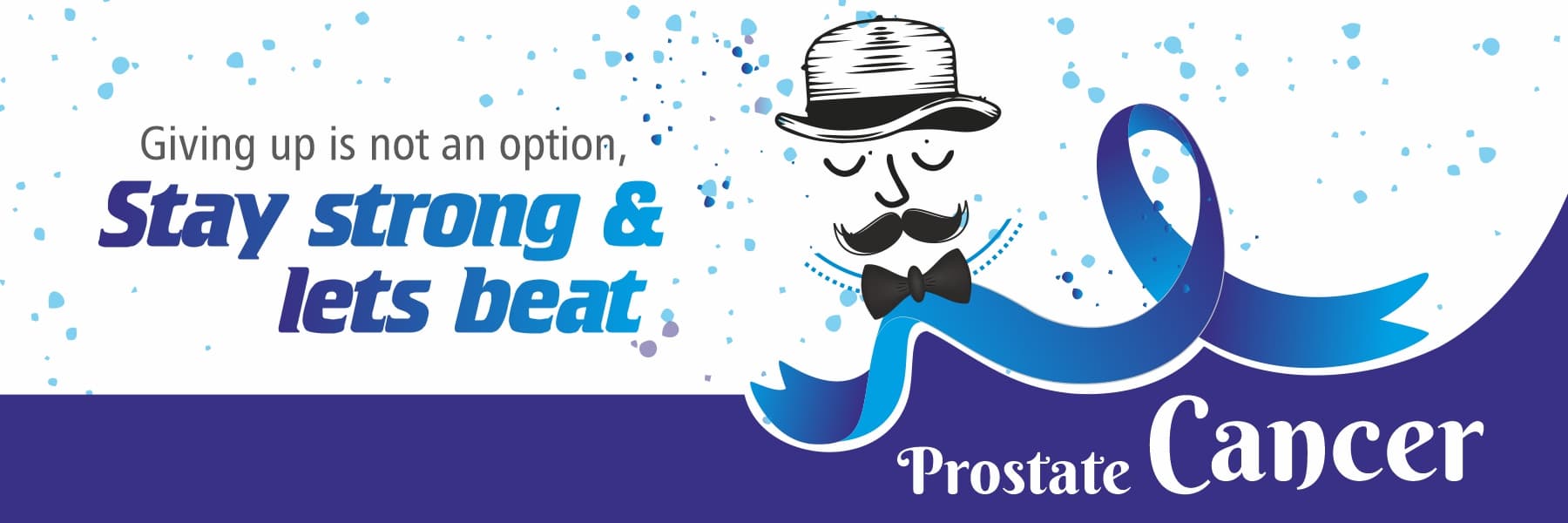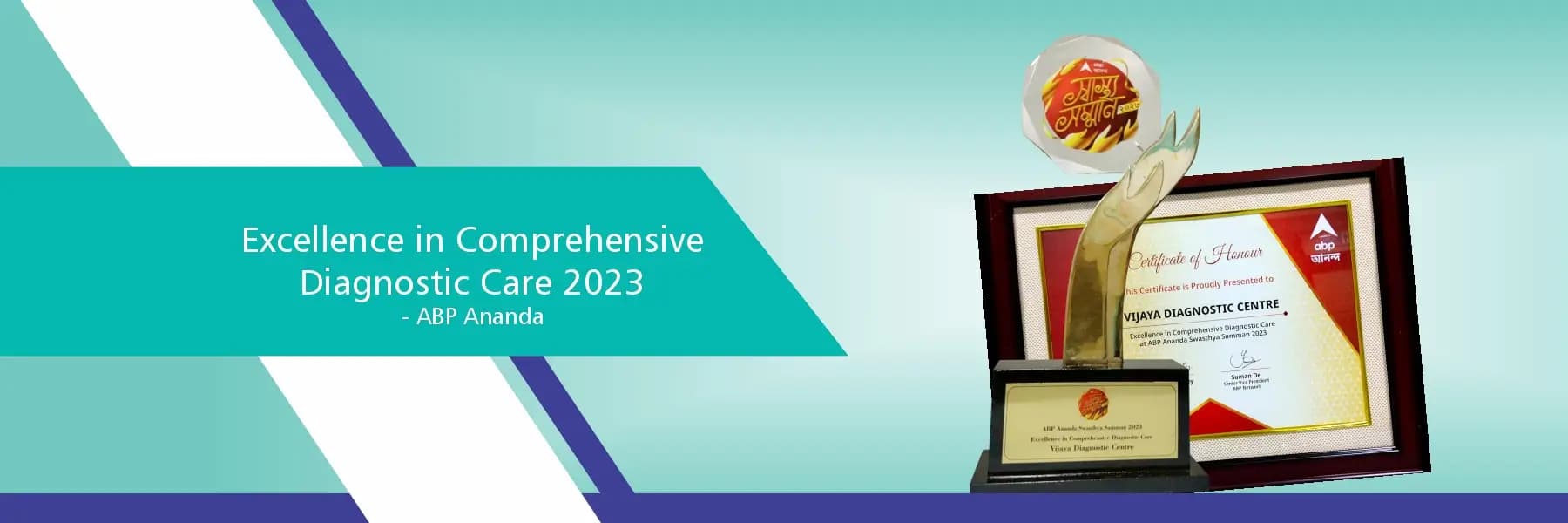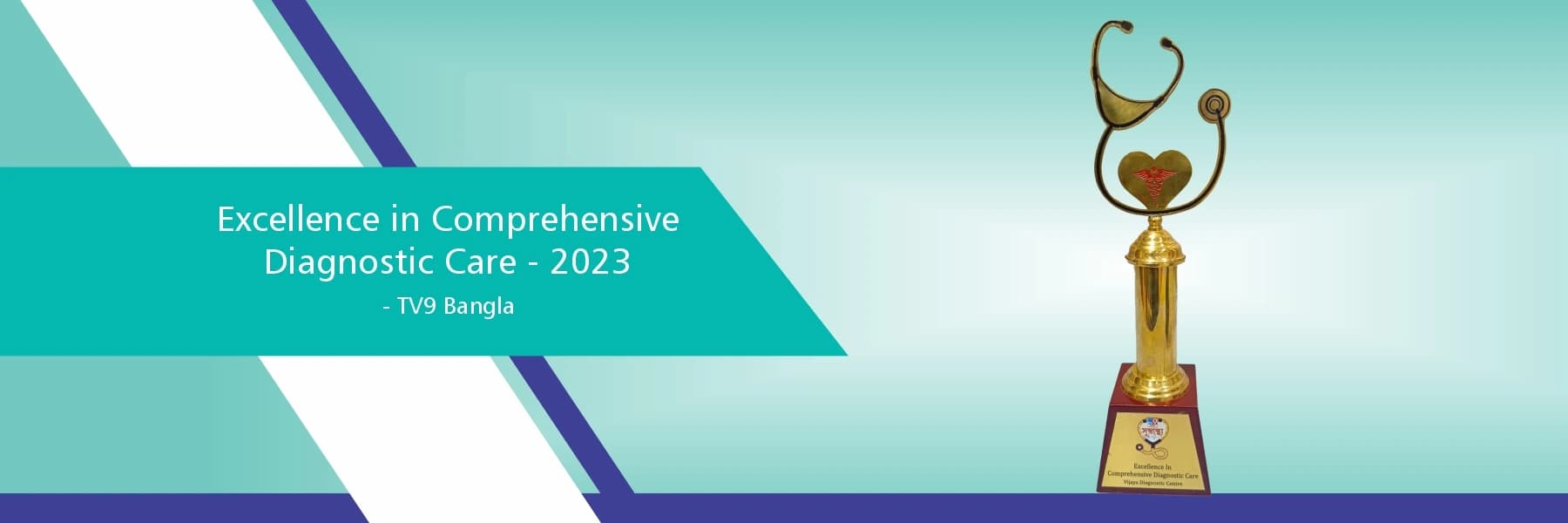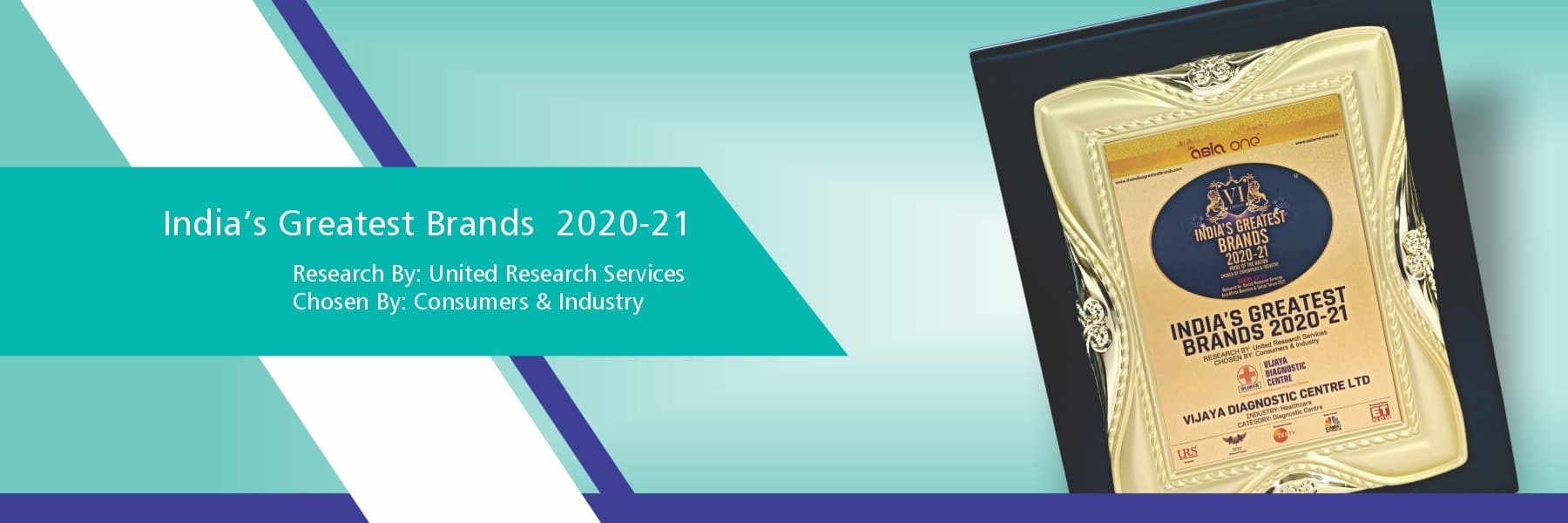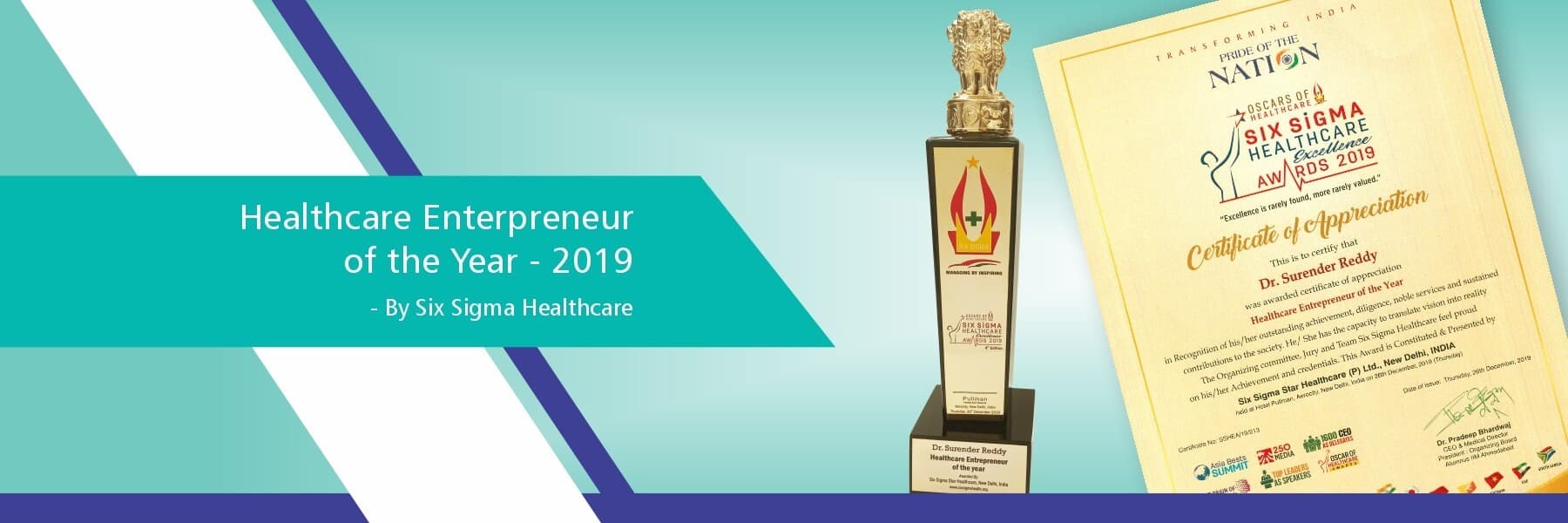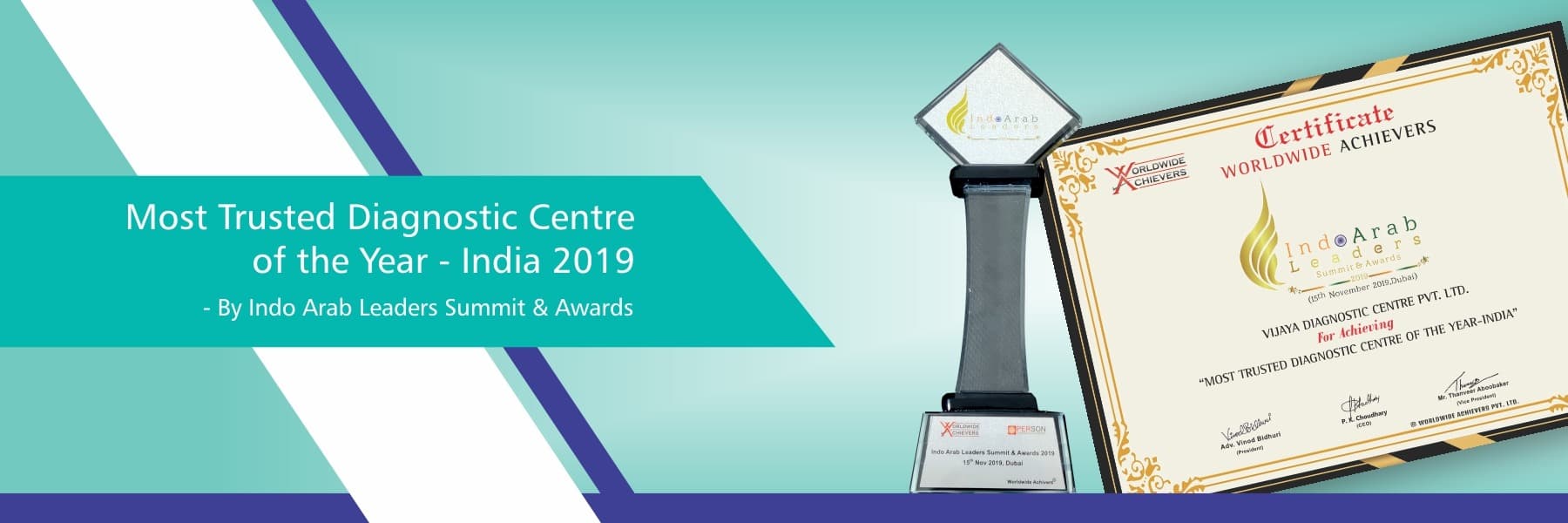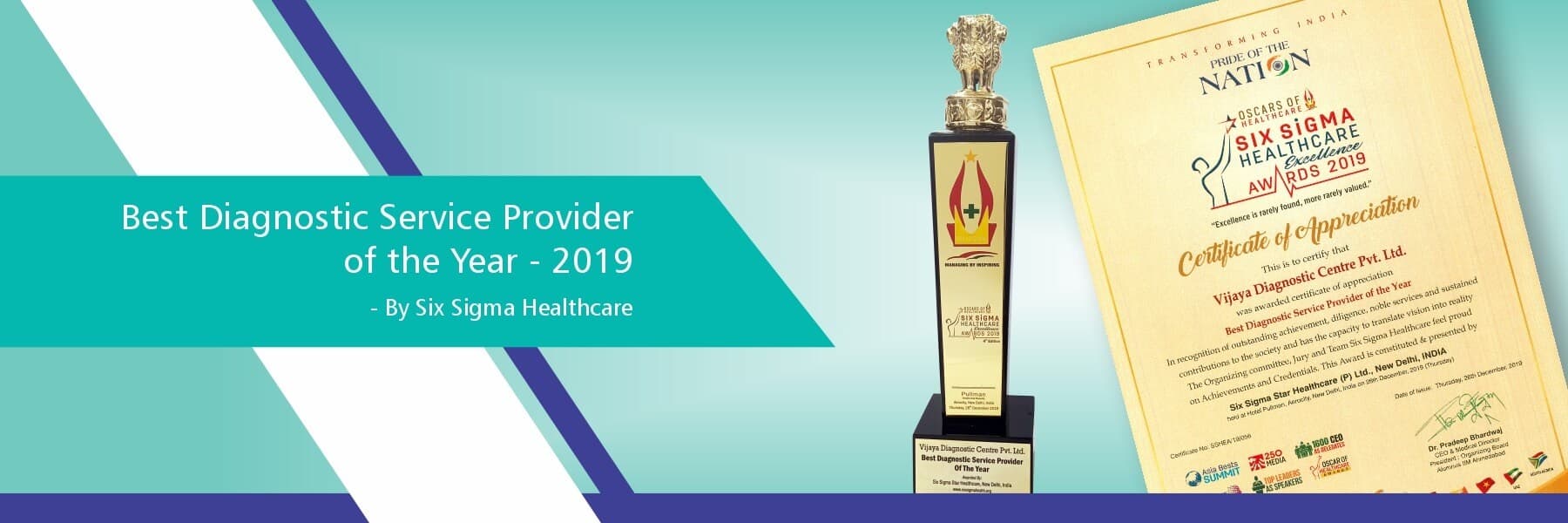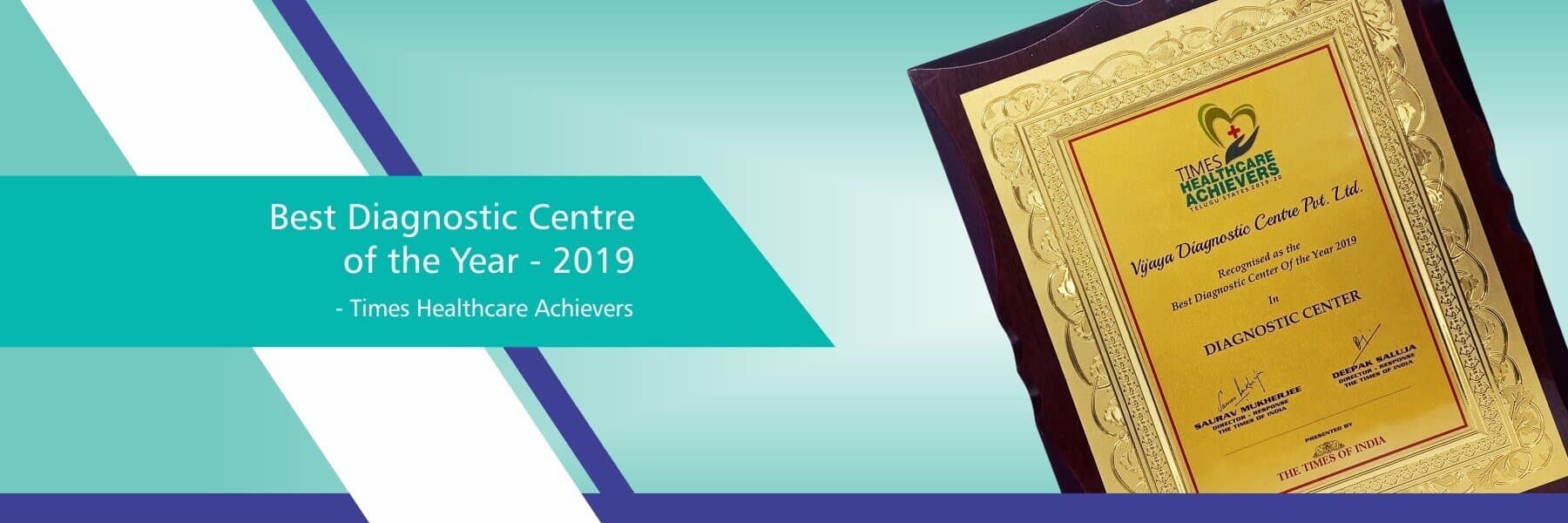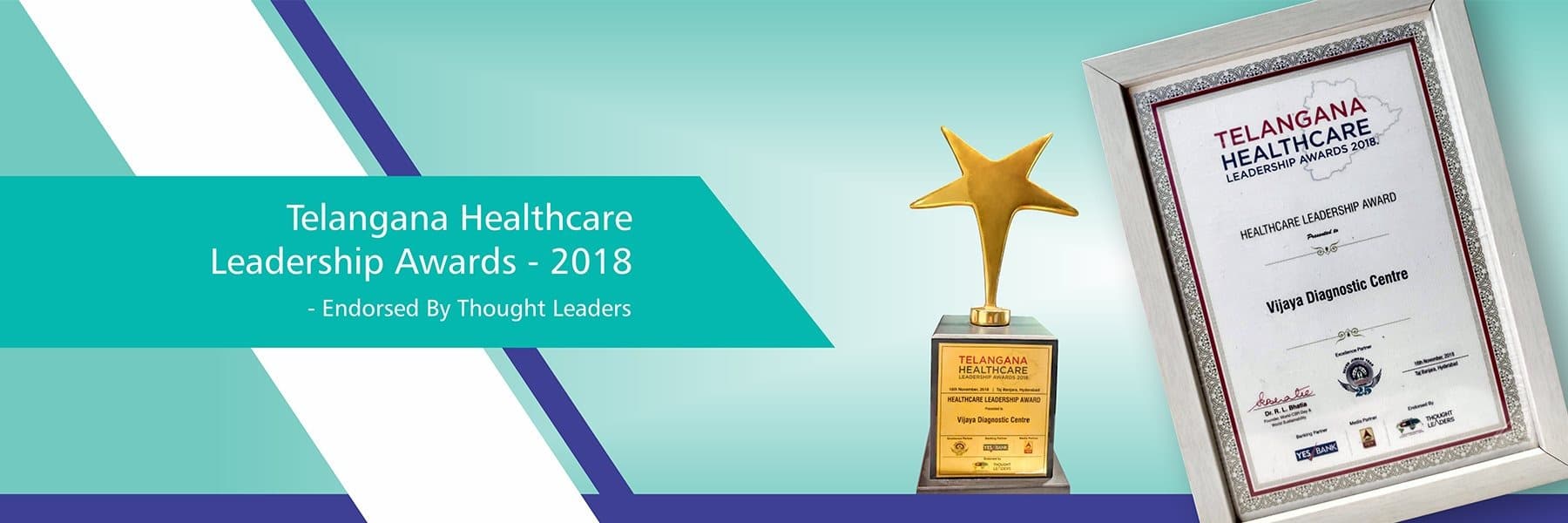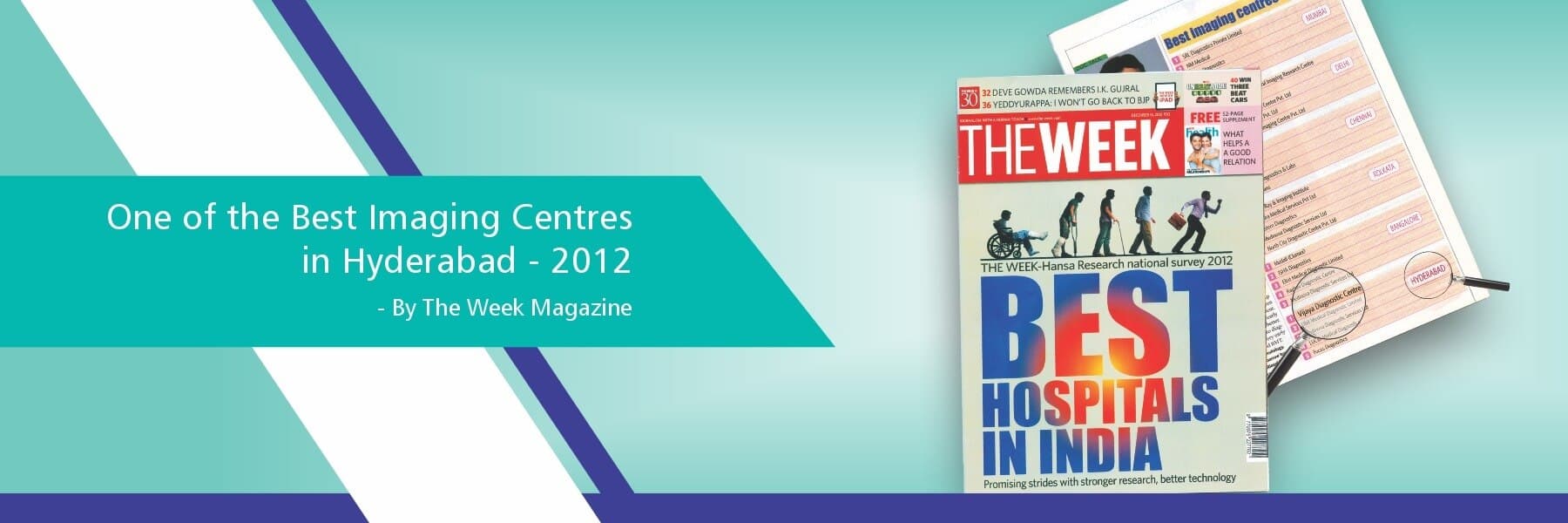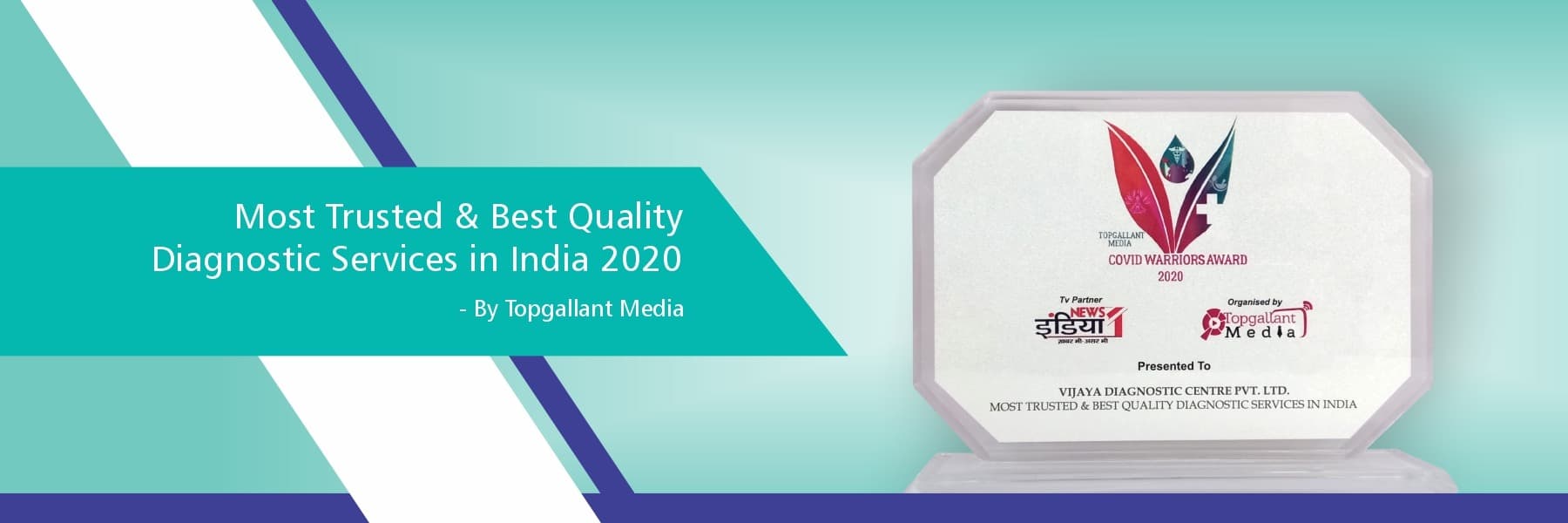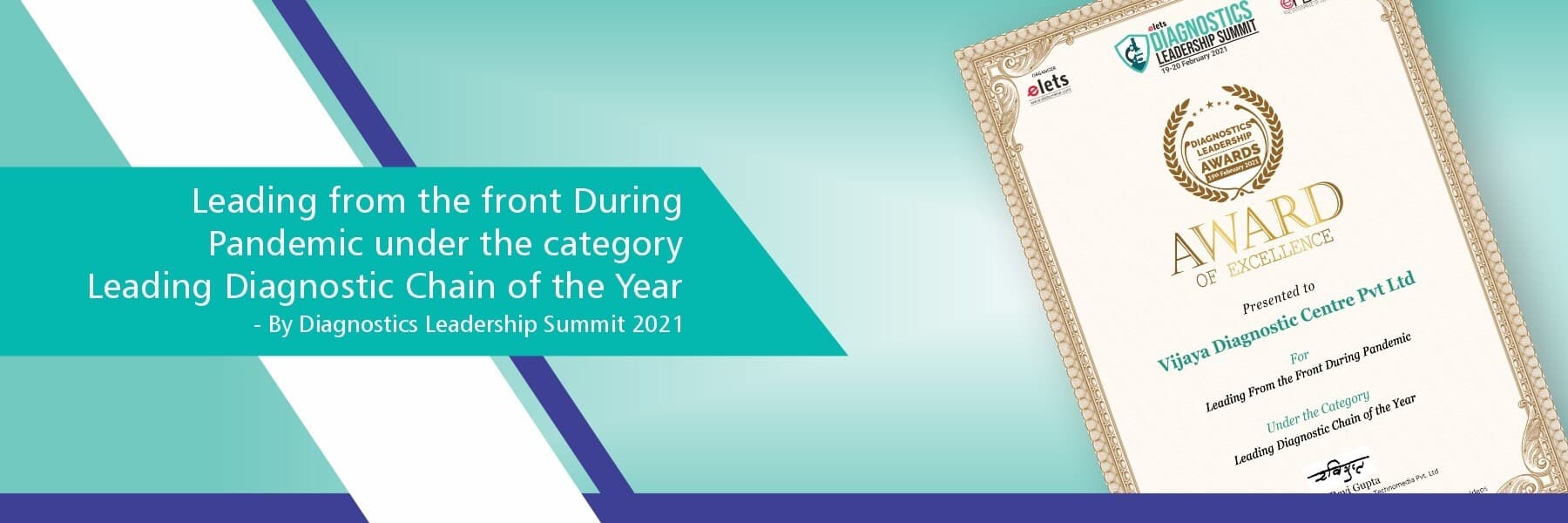What is Nuclear Medicine? What is the Significance of Nuclear Medicine in Medical Diagnosis and Treatment?
Nuclear medicine is a specialized branch of medicine in which radioactive materials known as radioisotopes or radiopharmaceuticals or radioactive tracers are used to diagnose, monitor and treat diseases. Safe and small quantities of radioactive materials are used to examine bodily functions and assess the health & functioning of organs and tissues.
From blood flow issues to cancer detection, nuclear medicine scans illuminate a wide range of conditions like thyroid problems, heart disease, gallbladder disease, lung issues, bone fractures & infections, kidney blockages & scarring, and even early signs of cancer.
Common Uses for Nuclear Medicine
The most common applications and uses of nuclear medicine include:
Imaging & Diagnosis:
- PET Scans: These scans reveal the metabolic activity of cells, pinpointing areas with increased activity that may indicate disease. They aid in diagnosing cancer, heart disease, brain disorders, and Alzheimer's disease.
- Combined Imaging: PET scans are often combined with CT scans (PET CT) or MRI (PET MRI) scans for a more detailed picture of specific organs and potential abnormalities.
Treatment & Therapy:
- Targeted Radiation: Nuclear medicine delivers radiation directly to harmful tissues, offering precise treatment for conditions like cancer. Radioactive iodine (I-131) has been used as the established therapy for treating thyroid cancer, non-Hodgkin lymphoma, hyperthyroidism and bone pain caused by certain cancers.
Other examples of targeted radionuclide therapies include Yttrium-90 ibritumomab tiuxetan (Zevalin) for treating specific lymphomas and 131-I-tositumomab (Bexxar) for treating lymphoma and multiple myeloma.
- Brachytherapy: Radioactive implants placed directly in tumors deliver localized radiation, often used for prostate, cervical, head and neck cancers.
- Pain management: Radiation can alleviate pain in conditions like arthritis and bone cancer
- Radioimmunotherapy (RIT): This combines nuclear medicine and immunotherapy, using the immune system's targeting abilities to improve treatment effectiveness.
Theranostics is an emerging field and a potentially future advancement in nuclear medicine. Combining imaging and therapy agents allows for targeted delivery of chemotherapy directly to cancer cells, minimizing side effects on healthy tissue.
Additionally, Nuclear medicine scans offer unique insights into how organs and tissues function, enabling targeted treatments and early detection of diseases
Personalized medicine: Nuclear medicine techniques can help guide personalized treatment plans by providing detailed information about a patient's specific condition
Targeted Treatments: Nuclear medicine has applications in precise therapies aimed at eliminating or harming malignant or cancerous cells, shrinking tumor size, or alleviating pain.
How Does Nuclear Medicine Work?
Here's a breakdown of the key steps involved in nuclear medicine :
Selection: A radiopharmaceutical or radioactive tracer is selected based on its capability that targets the specific organ or tissue of interest.
Administration: The radiopharmaceutical is administered through injection, ingestion, or inhalation.
Imaging for diagnosis: Specialized cameras are used to capture gamma radiation (a low energy radiation which is not very harmful to the body) ) emitted by the radiopharmaceutical as it travels through your body, constructing detailed images for diagnosis. These images are then interpreted by your doctor or radiologist to arrive at an accurate diagnosis
Treatment: In some cases, the radiopharmaceutical delivers targeted radiation therapy to treat diseases such as hyperthyroidism and some types of cancers.
Advantages of Nuclear Medicine
The benefits of nuclear medicine are multifold. Some common benefits of nuclear medicine scans include:
Unique insights: Unlike X-rays, which show structures, nuclear medicine scans reveal how organs and tissues are functioning, aiding in diagnosing and managing various conditions.
Targeted imaging: Radiopharmaceuticals used in nuclear medicine procedures specifically target organs or tissues of interest, offering precise information not always achievable with other imaging methods.
Early detection: Certain nuclear medicine procedures are very sensitive to abnormalities in the targeted organ’s structure & functionality and can detect disease at early stages (even before they cause medical symptoms) when it's easier to treat, potentially improving outcomes.
Precise and Non-invasive or minimally invasive: Most nuclear medicine procedures are non- invasive or minimally invasive, minimizing discomfort and recovery time. They can offer precise information as compared to even exploratory surgery.
Wide range of applications: Nuclear medicine can diagnose and treat various conditions, including heart disease, cancer, thyroid disorders, and neurological disorders. They can even be used in conjunction with other imaging techniques to offer more comprehensive information.
What are the risks associated with Nuclear Medicine?
Having understood how nuclear medicine works, you might be wondering “Is nuclear medicine safe?” Most nuclear medicine procedures are pain free and safe. Having said that, risks associated with nuclear medicine depend on the exact type of procedure, age, medical history, your overall health and existing condition(s). Please consult your doctor or radiologist to weigh the risks against the potential benefits of the specific procedure.
Treatment involving radioactivity may sometimes lead to skin reddening and hair loss as part of its objective to eradicate mutated cells within the body. However, post successful completion of treatment, patients typically regain normal skin pigmentation and hair grows back.
Radiation exposure: All nuclear medicine procedures involve exposure to ionizing radiation, which carries a small risk of cancer development later in life. However, the doses used are typically low and generally considered safe.
Allergic reactions: Some individuals may experience mild and manageable allergic reactions to the radiopharmaceuticals used.
Thyroid gland damage: If the procedure involves radioiodine, then there could be a minor risk of temporary or permanent damage to the thyroid gland. This risk is especially higher in children or individuals with pre-existing thyroid issues. Treatments for hyperthyroidism may have a few side effects on the patients which may last for a few days after the procedure.
Pregnant or breastfeeding women are generally discouraged from nuclear medicine procedures as the procedures could harm the baby.
Nuclear scan costs got you worried? Not at Vijaya Diagnostics! Get actionable answers, early insights and a precise diagnosis for your health concerns with our nuclear medicine scans. Book your nuclear scan today instantly and avail exclusive discounts on our app.
Frequently Asked Questions
1. Are there special precautions I need to take after my diagnostic nuclear medicine procedure?
Ans - Some of the generic guidelines include:
- You will have to drink plenty of fluids to flush out the radioactive waste from your body.
- Avoid close contact with your loved ones and pets to keep them from being exposed to radiation.
- Maintain personal hygiene and eat a balanced diet.
- Use separate bed sheets, pillow covers and towels as they would be contaminated by your body fluids or sweat.
- Dispose of the radioactive waste as advised by your doctor.
Follow all the exact guidelines and instructions provided by your doctor carefully
2. What are the safety measures for radioactive patients after a radioisotope treatment?
Ans - Minimize radiation exposure to others. Avoid close contact with your pets and loved ones, especially pregnant women, young children and your loved ones with weakened immune systems
- Use separate wash towels and bed linens. Wash your clothes, bedsheets and pillow covers separately and thoroughly as they could be contaminated with your sweat/body fluids.
- Maintain proper personal hygiene.
- Wash your hands thoroughly after using the washroom
- Dispose of radioactive waste materials according to your healthcare provider's guidelines.
- Drink plenty of fluids to flush the radioisotope out of your body more quickly.
- Maintain a healthy diet as instructed by your doctor.
This list is not exhaustive. Please follow the guidelines and instructions provided by your doctor or healthcare provider religiously
3. Can a young person undergo radioiodine treatment for thyrotoxicosis?
Ans - While radioiodine is generally considered a safe and effective treatment for adults, its use in younger individuals, particularly children under 10, is approached with more caution due to potential long-term risks such as thyroid cancer and hampered brain & bone development. It is strongly recommended to consult a specialist doctor to weigh the benefits of radioiodine treatment against the potential risks
Factors that influence the risks involved include:
- Age of the child, medical history and specific health conditions
- Severity of thyrotoxicosis and response to other treatment options.
- Individual risk factors for potential complications.
4. Are there any special considerations for pregnant or breastfeeding women undergoing Nuclear Medicine procedures?
Ans - Pregnant women and breastfeeding women are discouraged from nuclear medicine procedures as even low doses of radiation can harm the developing baby, increasing the risk of birth defects, intellectual disabilities, and cancer.
However, in some rare cases, when the potential benefits of the procedure outweigh the risks, it may be considered for pregnant or breastfeeding women. This decision must be made by a qualified healthcare professional after carefully assessing the individual situation and potential risks to both mother and baby.
5. What happens after a Nuclear Medicine procedure?
Ans - What happens immediately after a nuclear medicine procedure depends on the type of procedure, your health condition and the amount of radiation used.
Here's a general overview of what one can expect after a nuclear medicine procedure:
- Patients will be asked to rest comfortably for a short period before going home.
- They’ll be asked to drink plenty of fluids to help flush out the radiopharmaceutical from your body.
- Patients may receive specific instructions regarding hygiene or handling bodily fluids.
- The doctor will schedule follow-up appointments to discuss the results of the scan or treatment. In some cases, the doctor may order additional procedures for treatment or monitoring. Doctors may recommend lifestyle changes or dietary adjustments, depending on the procedure and the patient’s health conditions.
Drag & drop your files here, Or
browse files to upload.
.pdf, .jpg & .png formats supported. Upto three files can be uploaded at a time
Blogs
Awards & Recognitions
Diagnostic Education
Frequently Asked Questions (FAQs)
Centre Details & Locations
You can click on the Centre Locator mentioned on the top right bar of our home page website to locate centres in your city. You can also search in Google “Vijaya Diagnostic Centre near to me” to find the nearest centre.
Yes, most of the centres have this facility.
Yes, you can check the operational timing of a branch by selecting the centre you want to visit on our website or Google map of respective centre
Health Checkup & Packages
The validity of a health check package is 30 days from the date of invoice, for more detail to Terms & Condition of use section on our website.
Watch This Video for Detailed Information
Once the validity period is over for your registered package, the package cannot be availed. The amount paid by you during the registration process is non-refundable, non-transferable and gets forfeited if you do not visit the branch within the validity period. The amount paid by you during the registration of the special package cannot be utilized for availing other packages.
No. These are special promotional packages which are available for registration only during the specific campaigns and thus it is important for you to register there during the event/campaign. These are specially designed and discounted packages which are only available during the campaign with specific validity period.
The package once registered, is non-transferable. One has to utilize the package for the registered customer only.
Home Sample Collection
Yes, you can book a Home Sample collection by filling form on our website or calling our customercare number at 9240 222 222.
Yes, you can prepone/postpone an appointment by calling our customercare number at 9240 222 222.
Reports
Visit Home page of our website and click on Download reports icon. You need to login with mobile number and OTP. You will see your latest report in PDF format.
No, your reports would not be shared with anybody else other than you.
Tests Information & Instructions
Yes, fasting is recommended before undergoing a blood test.
Watch This Video for Detailed Information
- Generally, fasting is required prior to administering IV contrast. Fasting for ~ 4 hours (solid foods) is recommended.
- Kidney function test (serum creatinine) in cases of positive clinical history.
- Review of your medical history to determine that no issues exist preventing you from having a CT scan, such as pregnancy / contrast allergy or reaction (i.e., hives, rash, itching, breathing difficulty).
- A person accompany for IV contrast procedure.
- Some CT scans require drinking oral contrast, for approximately 30–60 minutes prior to your scan.
- Some CT scans involve an injection of contrast, for which an IV cannula will be inserted.


